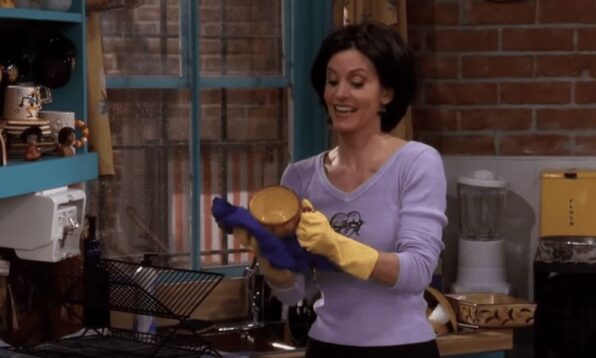We all love a good health trend, don’t we? And every few days, one of these trends takes over the internet, then our lives. Lately, this health trend is matcha. It’s sold as the ultimate clean girl habit: packed with antioxidants, gives you calm energy, and makes you look chic and cool. But can this ultimate clean and healthy drink turn into a health scare? Yes, it can. So, if you love sipping on matcha every day, you need to stop. Here are some matcha side effects you should know about.
What’s wrong with matcha?

Like all of us, Lynn Shazeen, a 28-year-old nurse from Washington DC, thought she was making a smart health swap. Once a week, she’d indulge in a matcha drink after hearing about its anti-inflammatory benefits. But within three months, she began feeling strangely unwell — constantly tired, itchy, and freezing even when the weather wasn’t cold. Blood tests revealed that her iron levels had crashed, leaving her severely anaemic. While she had struggled with low iron before, doctors told her that the matcha habit had worsened her condition. Just three months of regular matcha-drinking worsened her health so much that she had to go on iron pills and had to cut out matcha completely.
To understand what happened, it helps to know what matcha actually contains. Unlike ordinary tea, where you steep the leaves and throw them away, matcha is the finely ground whole leaf, meaning you drink it all. That means matcha contains:
- Antioxidants: Especially catechins like EGCG, linked to lower inflammation and heart health.
- Caffeine + L-theanine: A combo that gives you calmer, steadier energy than coffee.
Sounds great, right? But here are the side effects of matcha. It is rich in tannins, compounds that bind to iron and make it harder for your body to absorb. In India, 58 per cent of women are anaemic, meaning they already have low iron levels. Though iron deficiency isn’t the sole reason for anaemia, it’s a huge contributor. So, for Indian women, having matcha regularly will make their health condition much worse. It can also irritate the stomach, affect sleep, and even stress the liver in high amounts.
However, it’s not just iron-deficient people who should be cautious. Pregnant women, anyone with digestive issues, or those on blood-thinning medication are often advised to limit or avoid matcha.
Should you stop drinking matcha?

Not necessarily. Lynn has since switched back to ordinary tea and is recovering well, but her story is a reminder that not everything we see on the internet has to be aggressively adopted in our daily lives. So by all means, enjoy that frothy green latte, just do it mindfully.
Featured Image Source
Related: Side Effects Of Excess Protein: Dietitian Reveals Health Risks Of Eating Too Much Protein

 Web Stories
Web Stories













